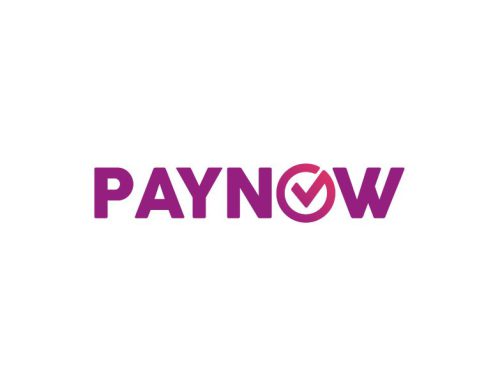E-invoicing (short for electronic invoicing) is the process of creating, sending, receiving, and processing invoices electronically, rather than using paper-based invoicing methods. E-invoicing allows businesses to exchange invoices in a standardized digital format, eliminating the need for paper-based processes, reducing manual data entry, and enabling faster, more accurate invoicing.
E-invoicing can be initiated by the supplier or buyer, depending on the agreed-upon process. The invoice data is then transmitted electronically between the parties using a secure digital network, such as the Peppol network, which ensures data confidentiality and security.
E-invoicing can bring numerous benefits to businesses, including:
- Reduced processing times and improved cash flow
- Increased accuracy and reduced errors and discrepancies
- Lower administrative costs
- Enhanced security and fraud prevention
- Improved sustainability by reducing paper usage
- Improved compliance with tax and regulatory requirements
Overall, e-invoicing is becoming increasingly popular and is seen as an important component of digital transformation for businesses of all sizes and industries.







Leave A Comment